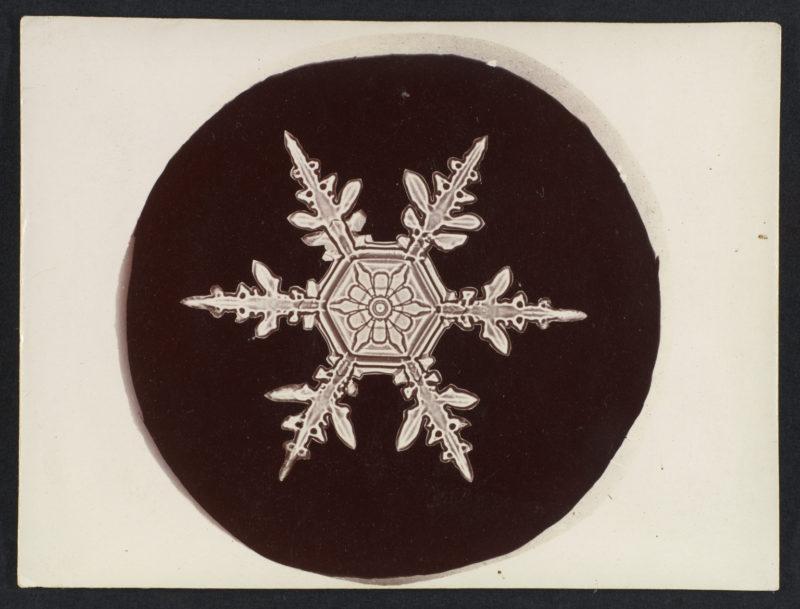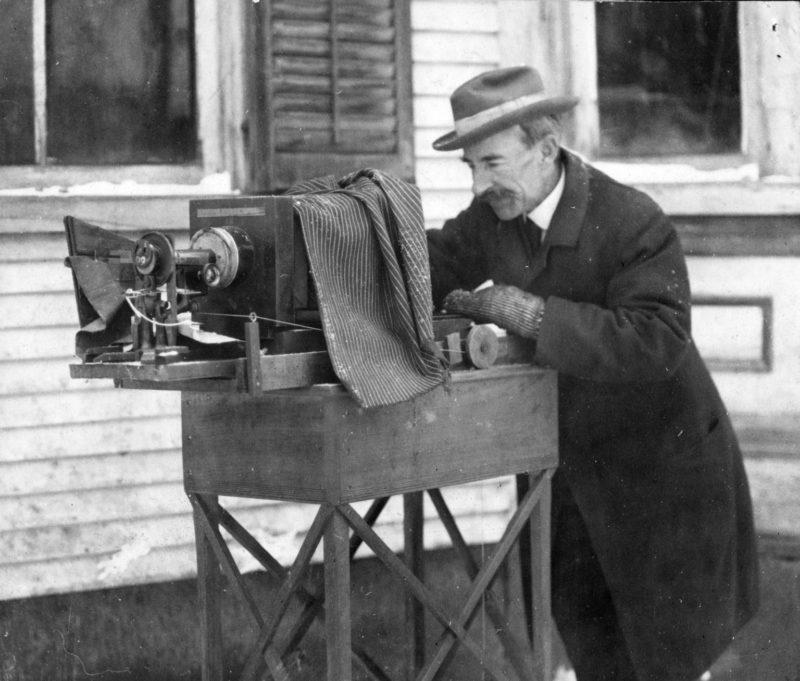
Wilson Bentley (Wikimedia Commons)
Studying Snowflakes, 1611-1966: A History of Science
A 17th-century astronomer, an 18th-century doctor, a 19th-century whaler, and a 20th-century farmer discover an exquisite work of art… it turned out to be a f(l)ake.

Unknown author (Wikimedia Commons)
Snow crystals have been studied by people across the globe for centuries. These frivolous objects have attracted the attention of individuals from all walks of life, who each had their own particular motivations for studying them. These studies also took place in diverse spaces, from living rooms to climate-controlled laboratories, as well as diverse scientific contexts, from natural-historical curiosity to military-funded research programmes. Drawing inspiration from various environmental humanities disciplines, my doctoral project examines what insights the eclectic history of studying snowflakes can give about the long-term history of modern science.
Though widespread, the study of snowflakes rarely attracted many researchers or large amounts of funding, hence it was continuously adapted to contemporary research priorities and contexts to remain relevant. This makes it a useful mirror for viewing the development of modern science, reflecting also wider historical trends, such as shifting geopolitical relations and the emergence of new media such as photography and film. Using both textual and visual source materials, including monographs, articles, drawings, and photographs, I trace the development of particular observation and visualisation practices, paying particular attention to the different environments in which they took place. In drawing together case studies from across the Northern Hemisphere, I also aim to contribute to a growing body of literature concerned with the transnational dimensions of observational science. The wide scope of this project reflects how snowflakes have found relevance in unexpected places and contexts, from the microscopic realm to the global climate. In telling this story, I hope to help create a framework for “environmentalising” the history of science: encouraging more long-term, object-based, and environmentally informed perspectives on the way we produce natural knowledge.
Floris Winckel is a Ph.D. student at the Rachel Carson Center, LMU Munich. Contact: floris.winckel@rcc.lmu.de
